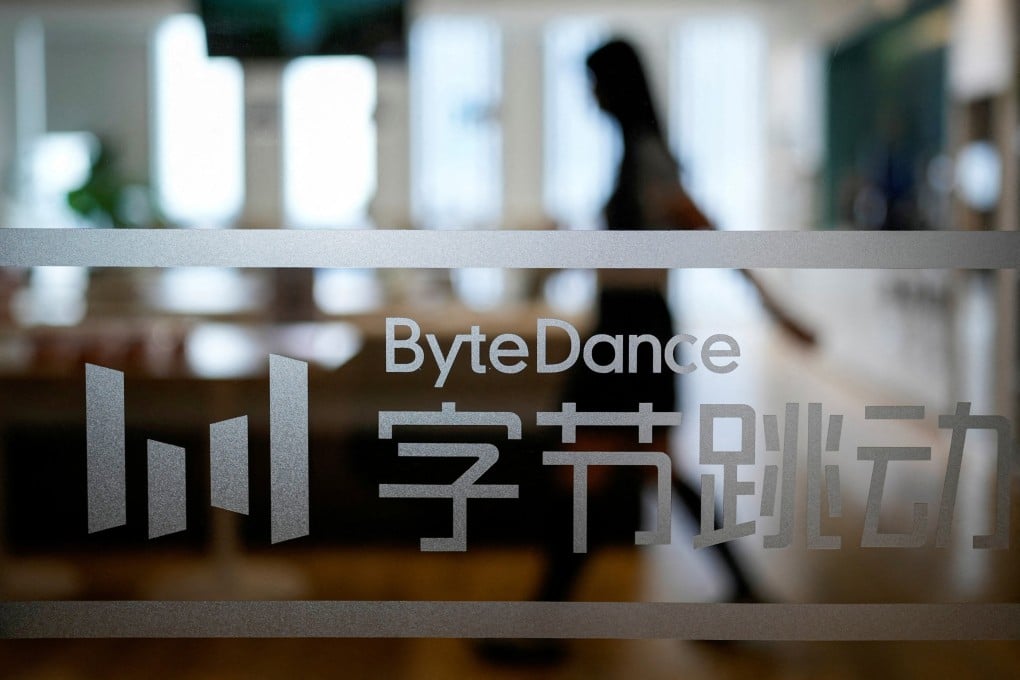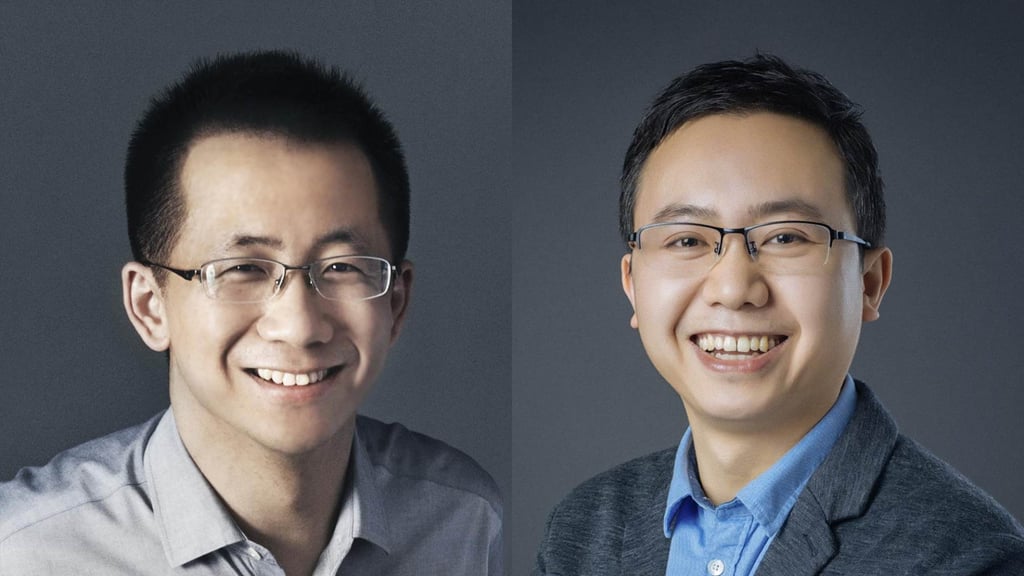Advertisement
ByteDance CEO berates staff for reacting too slowly to ChatGPT, new tech trends
- At a staff meeting, Liang said internal discussions of the OpenAI chatbot, which launched in November 2022, only emerged in 2023
- Liang said ByteDance was slower to react to new tech trends than some start-ups that ‘immediately spotted new projects on GitHub’
Reading Time:2 minutes
Why you can trust SCMP

Coco Fengin Beijing
The chief executive of ByteDance, owner of TikTok and its mainland sibling Douyin, berated employees for “not being sensitive enough” to the emergence of new technologies such as ChatGPT.
In an internal meeting on Tuesday, CEO Liang Rubo said staff only began discussing ChatGPT in 2023, according to excerpts of his speech published by ByteDance on various social media platforms on Wednesday.
US start-up OpenAI released ChatGPT on November 30, 2022, sparking widespread interest in generative artificial intelligence (AI) and large language models (LLMs).
Advertisement
“The LLM start-ups that have been doing well were basically established between 2018 and 2020”, said Liang, who took over as ByteDance’s CEO when fellow founder Zhang Yiming stepped down in 2021.

ByteDance launched its chatbots Doubao and Cici AI in the second half of 2023, after rivals Baidu and Alibaba Group Holding already rolled out their services in March and April, respectively. Alibaba owns the South China Morning Post.
Advertisement
During the all-hands meeting on Tuesday, Liang also criticised staff at China’s most valuable tech start-up for lacking “a sense of crisis”, the Post reported earlier this week. He said one of the company’s priorities for the year would be to stay “always day-one”, referring to the Beijing-based unicorn’s entrepreneurial spirit.
Advertisement
Select Voice
Select Speed
1.00x